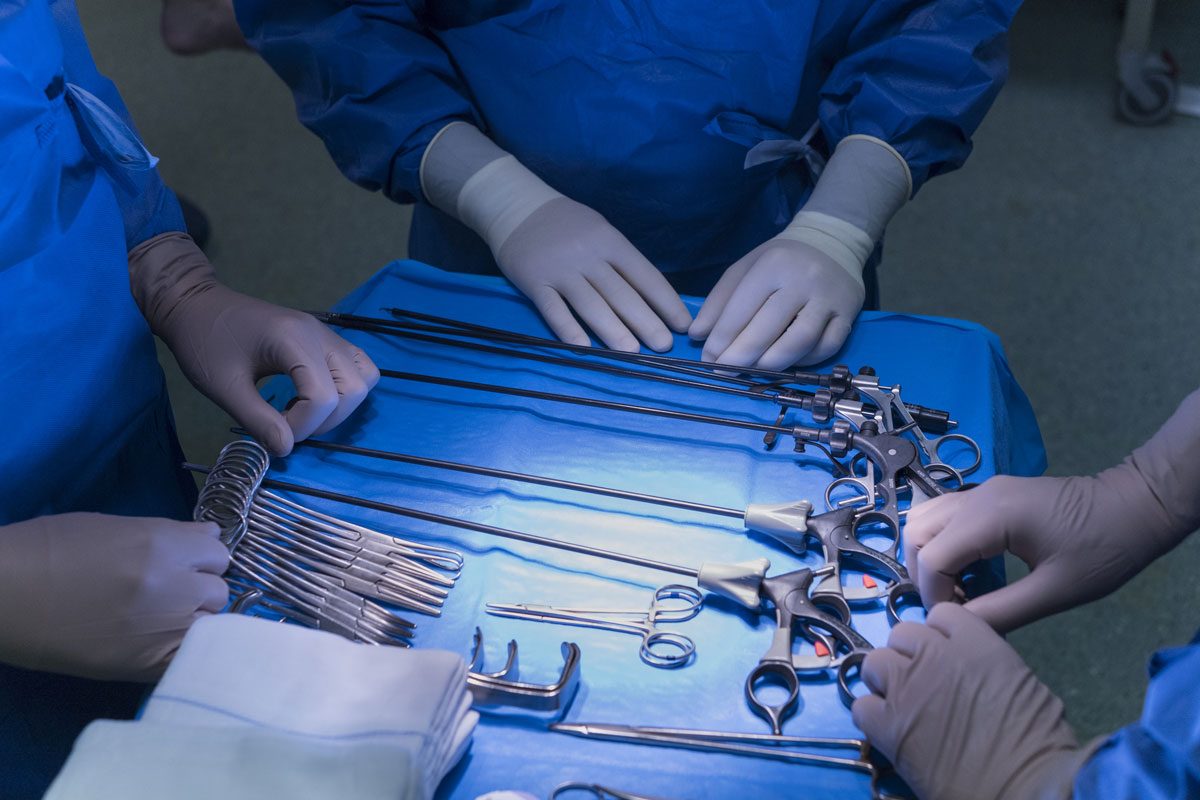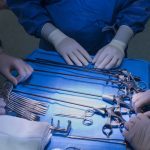Hernia is a protrusion of the bowels or adjacent organs/tissue through a defect or weakness in the abdominal wall. It is a type of hernia that develops at the site of an incision from a previous surgery. Typically, a hernia occurs with a part of the intestine protruding or hanging out through an opening formed in the abdominal wall. Smoking, diabetes, age and obesity also contribute toward this condition. It may develop shortly after the surgery or years later. Prevalence reported ranges from 0.5% to 13.9% for most abdominal surgeries.
Symptoms and signs
- Fever
- Infection
- Bulging (palpable lump and/or mass on surgical scar)
- Visible protrusion (see internal segment poking out of surgical wound)
- Pain
- Pressure
- Aching
- Swelling
- Foul-smelling drainage
- Redness and/or red streaks (sign of infection)
- Bowel obstruction (strangulation of intestines)
Incisional hernia must be treated immediately. If it is not repaired at the earliest, more risks and complications may result in the future. An untreated hernia only gets worse increasing the levels of discomfort and pain. Waiting for a few months involves risk.
In adults, these hernias typically grow with time, so surgery is the only way to resolve them. With time comes the increased likelihood of hernia incarceration or strangulation, in which lack of blood flow to the intestines can be life-threatening. Some data suggest that only 50% of patients are aware of hernias before the hernia becomes strangulated. Further if blood supply gets reduced to the protruded part, it might result in gangrene. If a hernia becomes strangulated, the patient may have only four to six hours before a part of bowel is lost for lack of blood flow. Strangulation occurs infrequently therefore most hernias can be repaired on an elective basis. Urgent surgery repair of incarcerated incisional hernia with associated bowel obstruction in potentially or contaminated field is technically challenging due to edematous, inflamed and friable tissues with occasional need for concurrent bowel resection and carries high rates of postoperative infectious complications.
Treatments
Treatments for an incisional hernia require surgery. The hernia will not heal on its own without surgery. Surgery is necessary to push the protruding tissue back in place, remove any scar tissue, and adhere a surgical mesh on the hernia’s opening to prevent recurrence.
Hernia must be treated immediately. If it is not repaired at the earliest, more risks and complications may result in the future. An untreated hernia only gets worse increasing the levels of discomfort and pain. Patients must understand the severity of an untreated incisional hernia to avoid more serious complications such as strangulation of the intestine, which can lead to tissue death of this important internal membrane. As result of which last clinical complication, patient will need an urgent surgery.
The following two types of surgeries are recommended treatment options to repair an incisional hernia:
- Open hernia repair: most common surgical technique involves making a skin incision over the affected site to make a hernia repair.
- Laparoscopic hernia repair: A less invasive surgery that uses a small tube with a camera to repair the hernia. This surgical device is inserted into small incisions of the abdomen, where the surgeon can watch this procedure on a monitor.
Depending on the potential complexity of the patient’s case, the physician, during a clinical examination before surgery, will recommend one of two surgical approaches. The surgeon will make a decision together about what option is best for you.
















